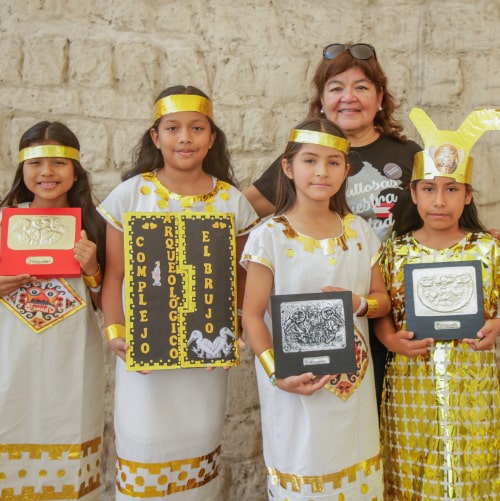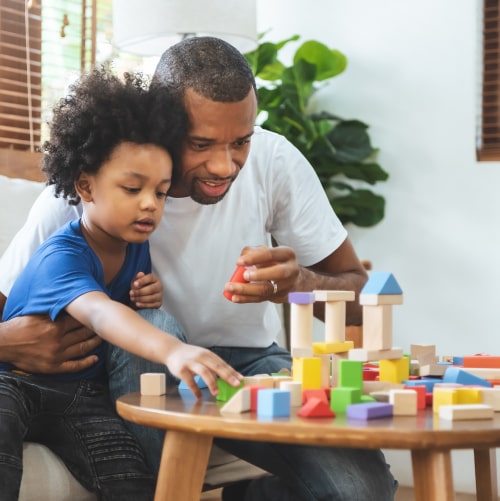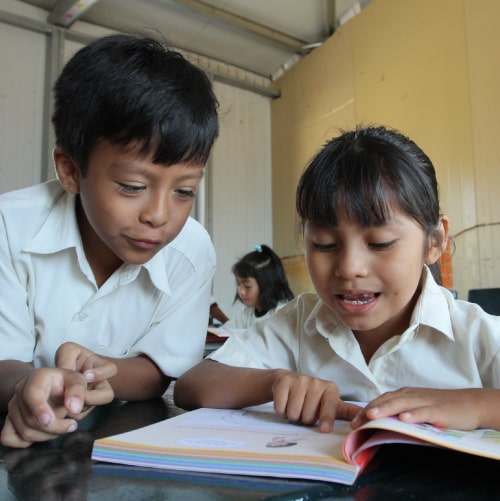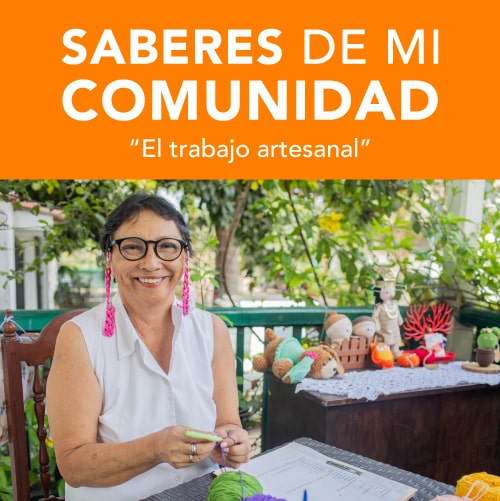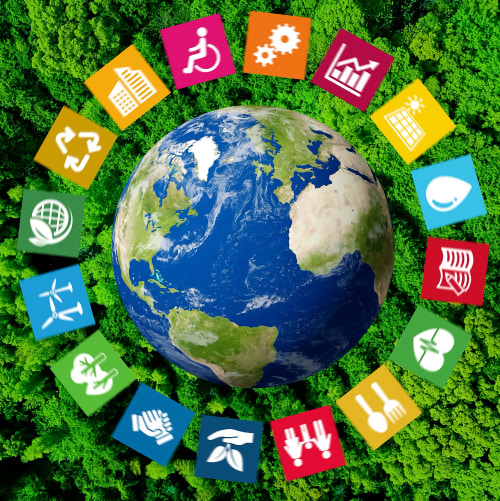“A battle with a child is always a lost battle. We will never get his cooperation through fighting. We would save an incalculable amount of tension and useless effort if we realized that cooperation and love are never obtained by force”. This powerful statement belongs to Alfred Adler, an Austrian psychotherapist and one of the precursors of Positive Discipline.
Alfred Adler and the American educator Rudolf Dreikurs collaborated closely in the first half of the XX century and their research left us an important legacy that was later picked up by educators Jane Nelsen and Lynn Lott in the nineteen eighties. Both authors built on that basis the methodology for Positive Discipline that is currently implemented in 60 countries around the world with much success.

What is Positive Discipline?
It is an educational model that is oriented toward understanding the behavior of children in order to guide them on their path in a positive and affective, though respectful, way, both vis-à-vis the child and the adult.
Positive Discipline is based on communication, love, understanding and empathy. It also provides parents and teachers with the tools for understanding the behavior of boys and girls and to redirect them with respect, teaching them valuable skills for life and always in a positive way (Jane Nelsen).

The Wiese Foundation and Positive Discipline in the classroom
The Wiese Foundation, within the framework of the Educational Quality Program and its project “Better school climate, better learning”, has developed four workshops addressed to the teachers and management from the thirteen educational institutions with which it is currently working. The workshops provided the philosophy behind Positive Discipline, as well as strategies that may be implemented in the school and the classroom.
Objectives of the workshops:
At the workshops, the following objectives were shared:
- Importance and benefits of socio-emotional skills in the school. The philosophy behind Positive Discipline and fundamental principles.
- Strategies of Positive Discipline in the school and the classroom in order that they may be put into practice by management and teachers.

Positive Discipline in the classroom is a pedagogical model that is ever more fitting throughout the world, since it offers practical tools for building healthy relationships between parents and children or teachers and children, based on the balance between kindness and firmness. Positive Discipline in the classroom is based on the development of socio-emotional skills for life, respect, inclusion, solution-seeking, kindness and firmness.
If you want to learn more about the work that we carry out within the framework of the Educational Quality Program, go to: https://www.fundacionwiese.org/en/educational-quality



